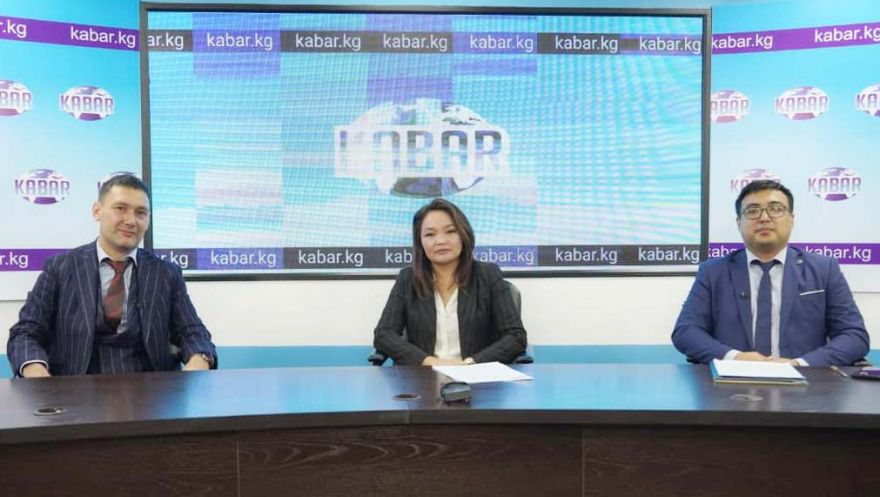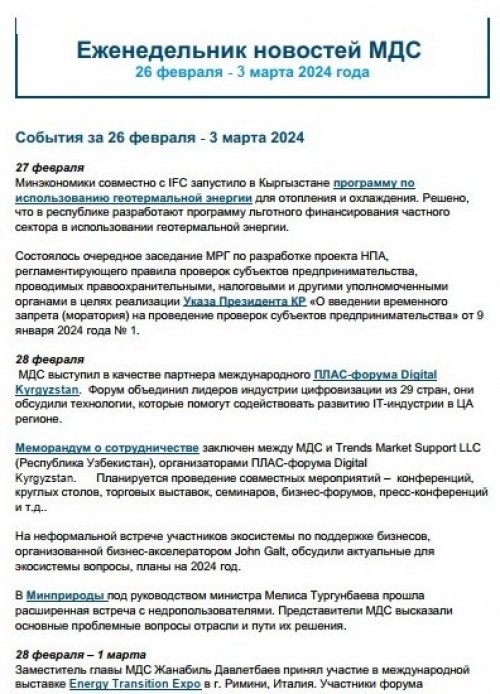News /
IBC news /
How does Kyrgyzstan’s construction sector survive in a pandemic?
About 90% of the construction sector was affected by the pandemic, and up to 60% there was a reduction in the workforce. Fixed capital investments decreased by 14.7% compared to the previous year.
The construction industry is a significant sector of the Kyrgyz economy. The share of the construction sector in the country's GDP is 29%. At the beginning of 2020, the Construction Industry Development Strategy until 2030 was adopted.
But the coronavirus pandemic has changed optimistic plans.
How does the construction industry survive in the new environment? What support do builders expect from the state? This was the subject of a video clip as part of the joint project of the International Business Council with the Kabar IAC.

Rakhat Junushbaeva, General Director of Hyundai Elevators Kyrgyzstan, and Timur Faiziev, founder and owner of the Elite House construction company, took part in the discussion. Zhanabil Davletbaev, IBC legal expert, moderated the meeting.
Due to the pandemic, the demand for real estate has dropped in Kyrgyzstan. According to various estimates, about 30 percent of remittances go to finance the construction sector. The volume of remittances fell, and household incomes fell. This affected the activities of construction companies.
The purchasing power of both the construction and downstream sectors declined. Faiziev said. But since September there has been a positive trend.
The meeting participants spoke about the problems in interacting with government agencies when obtaining permits.
“It takes us from one to two years to obtain a permit,” Faiziev said. “And this means a delay in construction. For 8 years, the Elite House group has built more than two thousand apartments and paid almost 500 million soms in taxes. But if this problem is solved, then the result can be much better. We could build more and real estate would be cheaper for consumers, plus hundreds, thousands of jobs,” he added.
According to Junushbaeva, after Kyrgyzstan's accession to the EAEU, the number of certificates that a company needs to receive has increased.
“For example, an elevator consists of 20 thousand spare parts, and for each one we have to get certificates, although they are already certified in Korea, plus our equipment is undergoing European certification. These are additional burdens, both in terms of time and money costs."
In this case, the experience of other countries can be used. In Korea, when examining a product, additional certification is not required if it the manufacturer gas it. Upon commissioning, the seal of the installer already means that the product meets all standards and requirements.
The discussion participants believe that the state should pay more attention to the construction industry, especially to the production of building materials.
The video can be viewed at: http://www.kabar.kg/news/mds-kak-vyzhivaet-stroitel-naia-sfera-kystana-vo-vremia-pandemii/























